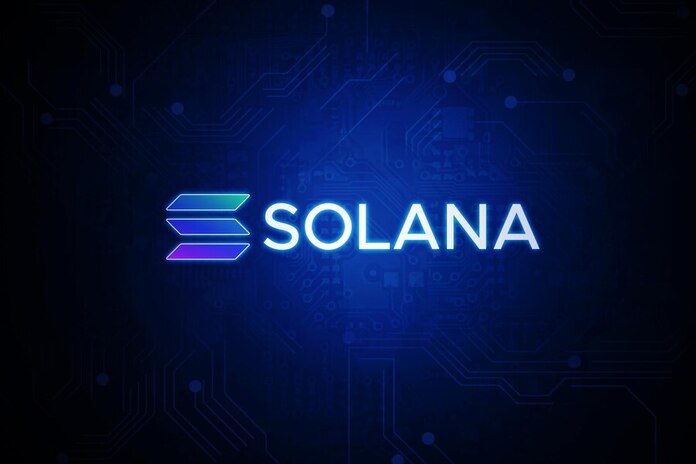Bitwise CIO Forecasts 50% Drop in Bitcoin Volatility with Growing Institutional Adoption
This post was originally published on this site

Bitwise Chief Investment Officer Matt Hougan recently shared insights in an investor note, envisioning a significant drop of 50% in Bitcoin’s volatility alongside increasing institutional involvement leading up to the 2028 halving.
Hougan’s analysis points to Bitcoin’s historical patterns, notably its surge to a new all-time high just weeks before the 2024 halving. He anticipates this trend to persist post-halving, propelling Bitcoin’s value upward, much like its ascent from a modest $13 valuation during its initial halving in 2012.
Reaffirming previous forecasts, Hougan remains confident in Bitcoin’s trajectory toward a $250,000 valuation in the years ahead.
He attributes this sustained growth to Bitcoin’s growing recognition within the financial landscape, particularly following the debut of spot Bitcoin ETFs, which have witnessed remarkable performance since their launch.
Institutional Impact
Highlighting the transformative effect of spot Bitcoin ETFs, Hougan underscores their role in attracting a fresh wave of institutional investors. These entities, including financial advisors and large financial institutions, are known for their disciplined approach to trading, which contrasts with the speculative behavior of retail investors that has historically characterized Bitcoin markets.
Hougan predicts that the influx of institutional capital through Bitcoin ETFs will contribute significantly to the projected 50% reduction in Bitcoin’s volatility by the next halving.
He envisions a future where Bitcoin becomes a standard component in diversified investment portfolios, potentially constituting 5% or more of allocations. This projection reflects a growing confidence in Bitcoin’s maturation and reduced price fluctuations.
$200 Billion AUM
Hougan anticipates that institutional investments in Bitcoin ETFs could surpass $200 billion, driven by increased market accessibility and deeper financial integration. This influx of capital is expected to enhance market stability and cement Bitcoin’s status as a mainstream financial asset.
While acknowledging the inherent risks associated with cryptocurrency investments, including market volatility and regulatory uncertainties, Hougan paints a picture of a future where Bitcoin achieves widespread institutional adoption and emerges as a staple in investment portfolios, fundamentally reshaping market dynamics by the 2028 halving.
Featured Image: Freepik














